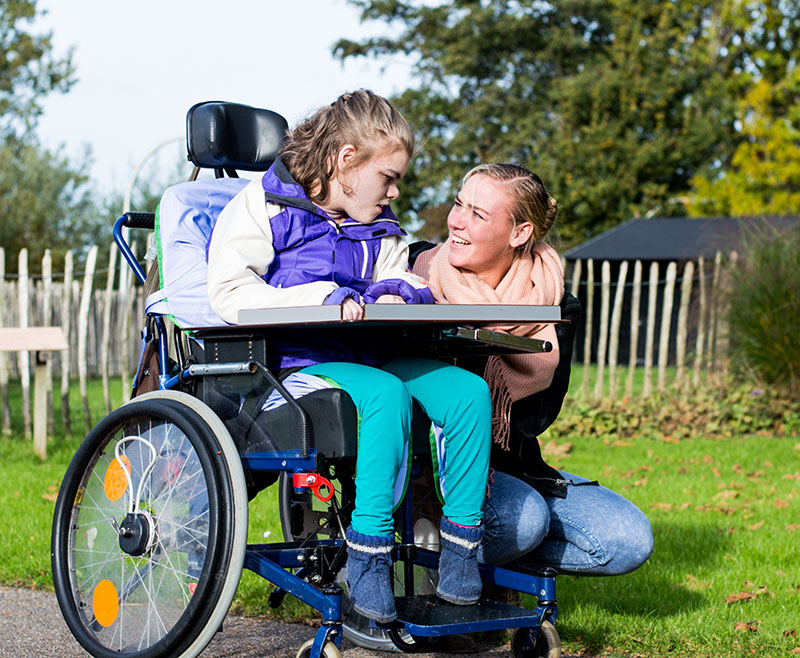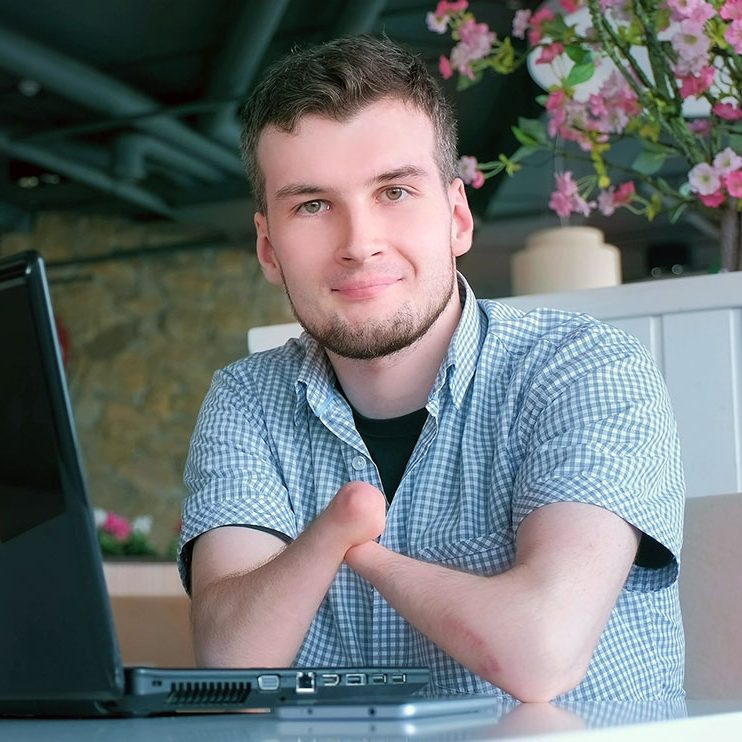About us
Independent Lives is a user-led charity working to change the lives of disabled people, people with support needs and carers.
We provide a range of frontline services which support people and their communities.
From domiciliary care support to respite support for carers, from information and advice for direct payment recipients to campaigns that promote the importance of peer leadership and strategic co-production. Independent Lives is a charity which really matters and really makes a difference.

Vision and values
Our vision is a fairer society where everyone can participate and has the opportunity to fulfil their potential.
Working together we achieve real change in the lives of the people we support - so that we can all participate in our communities and have greater choice, control and freedom.
Our values are:
Excellence
At Independent Lives, we believe in integrity, accountability, and transparency. Our passion drives us to go above and beyond, delivering high quality, people led services which change lives.
Inclusion
We celebrate our differences and believe that embracing diversity makes us stronger. We want to create a world based on respect and understanding where every voice is heard.
Innovation
We believe in the power of great ideas. We are unafraid to be bold or to ask why. Through forward thinking, creativity, and the freedom to express ourselves we can shape a better world.
Person Centred
We believe in treating people with dignity, compassion, kindness, and respect. By valuing people's lived experiences and recognising their unique circumstances, we can be an organisation that really makes a difference.
The social model of disability is a way of viewing the world, developed by disabled people. Independent Lives' strategy and vision are based on the social model.
The model says that people are disabled by barriers in society, not by their impairment or difference. Barriers can be physical, like buildings not having accessible toilets. Or they can be caused by people's attitudes to difference, like assuming disabled people can't do certain things.
The social model helps us recognise barriers that make life harder for disabled people. Removing these barriers creates equality and offers disabled people more independence, choice and control.


The social model of disability